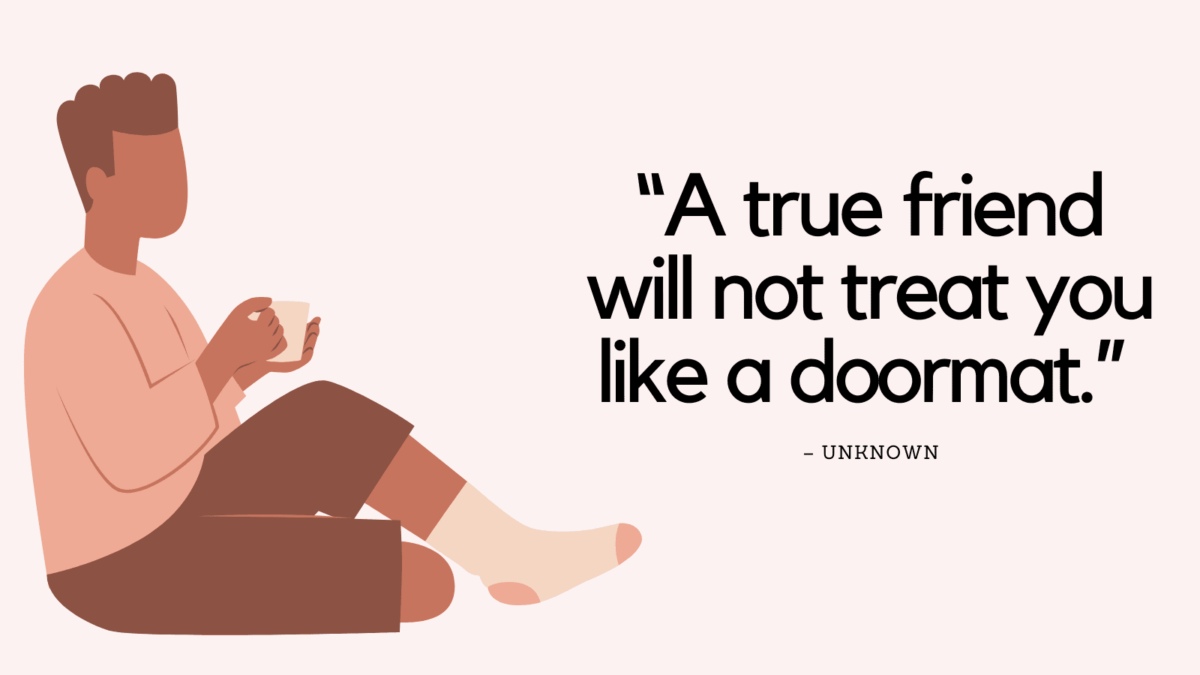Friendships have the power to uplift and inspire us, providing a sense of connection and support. They shape our lives, influencing our perspectives, and contributing to our personal growth. However, not all friendships are created equal. In the realm of social dynamics, toxic friendships can slowly erode our well-being, draining our energy and hindering our personal development.
Spotting toxic friendships requires a keen awareness of subtle signs and patterns. Once identified, navigating the process of removing these toxic relationships from our lives can be a delicate task, especially when our intention is to do so with kindness. In this article, we will explore how to spot toxic friendships and provide practical guidance on how to distance ourselves while still maintaining kindness and compassion.
Ultimately, the act of removing toxic friendships from our lives is an act of self-love and personal growth. By recognizing the signs, practicing kindness, and prioritizing our well-being, we can create space for healthier relationships and embark on a path of personal fulfillment. Let us embark on this journey together, as we learn to nurture our inner circle and cultivate a life enriched by positive and uplifting friendships.
Now let’s get into the actual steps to help you spot toxic friendships in your life and then remove them while still being your kind self.
Toxic Friendships: How to Spot and Remove Them
How to spot your toxic friendships:
Spotting toxic friendships can be challenging, as they may not always be immediately apparent. However, here are some common signs that can help you identify toxic friendships:
Constant negativity: Toxic friends often have a negative outlook on life and tend to bring others down with their pessimism. They may frequently complain, criticize, or engage in gossip without offering any solutions or positive perspectives.
How to remove a toxic friendship:
- Removing a toxic friendship from your life doesn’t mean you have to be unkind or cruel. Here are some tips on how to navigate the process with kindness:
- Reflect on your decision: Take time to reflect on your decision to end the friendship. Ensure that it’s the best choice for your well-being and personal growth.
- Choose an appropriate setting: When you’re ready to have a conversation about ending the friendship, choose a private and neutral setting where both of you can feel comfortable expressing your thoughts and feelings.
- Be honest but compassionate: Communicate your decision honestly and respectfully. Explain how the toxic aspects of the friendship have been impacting you and why you feel it’s necessary to move on. Use “I” statements to express your feelings without blaming or attacking the other person.
- Set boundaries clearly: During the conversation, clearly communicate your boundaries and expectations moving forward. Let the person know what is acceptable and what is not. Be firm but kind in asserting your boundaries.
- Avoid confrontation or arguments: Toxic individuals may try to engage in arguments, manipulation, or emotional blackmail to keep you in the friendship. Stay calm and composed, and avoid getting caught up in their attempts to provoke or control the situation.
- Limit contact gradually: After the initial conversation, gradually decrease contact with the toxic friend. This can involve reducing the frequency of communication, avoiding social events where they’ll be present, and unfollowing or blocking them on social media if necessary. This gradual approach allows both of you to adjust to the change without abruptness.
- Seek support: Reach out to other friends or family members who can provide emotional support during this process. Having a support system can help you navigate any challenging emotions that arise and reinforce your decision to prioritize your well-being.
- Focus on self-care: As you distance yourself from the toxic friendship, prioritize self-care and engage in activities that bring you joy and fulfillment. Surround yourself with positive influences and nurturing relationships that support your well-being.
- Remember, kindness doesn’t mean sacrificing your own well-being. It’s important to prioritize your mental and emotional health. By handling the situation with honesty, compassion, and firmness, you can remove a toxic friendship from your life while still treating the other person with respect.










